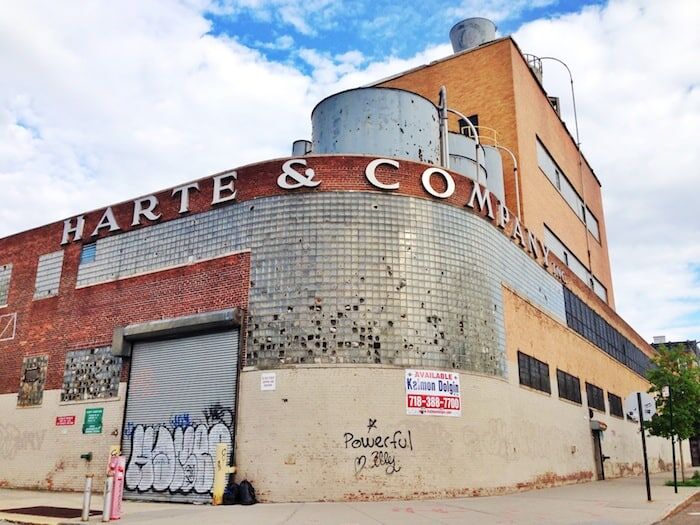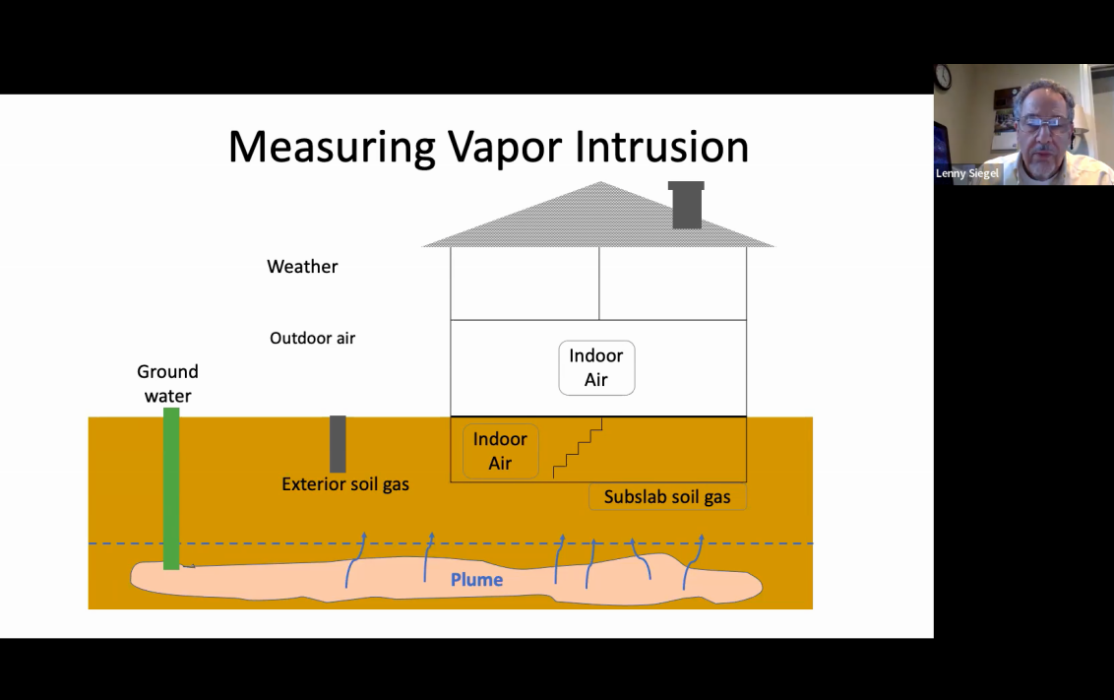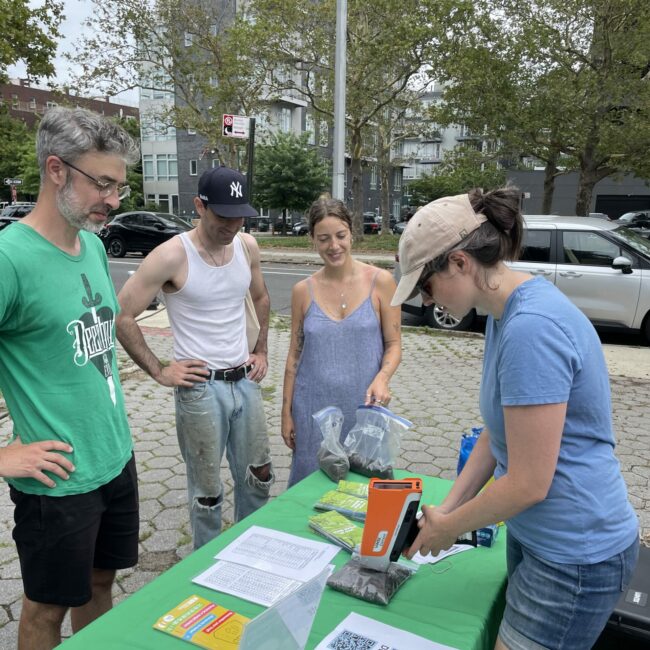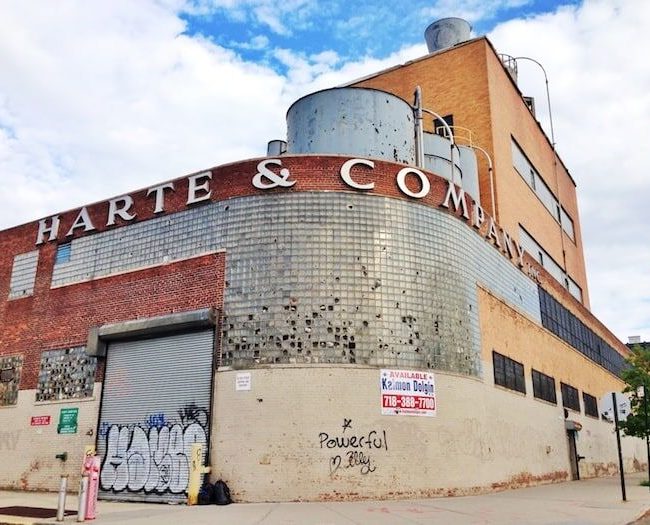Reducing Single-Use Plastic
As of March 1, 2020, plastic bags are banned at most stores in the state of New York. This regulation comes after years of advocacy from a wide range of partners, including North Brooklyn Neighbor’s participation as part of the Bag It NYC coalition.
Why ban single-use plastic bags?
As with all single-use plastics, plastic bags are made to be used and then quickly discarded. In NYC, plastic bags and other types of plastic film are not recyclable in curbside pickup. Instead, they should be taken to a drop-off location, typically your local grocery store, to be recycled. Furthermore, plastic bags are frequently found as litter in the environment. Wind carries bags and deposits them in trees, on the street, and in our waters. Animals mistake plastic for food, and the elements break down the plastic into smaller and smaller pieces, until they eventually become microplastics and are now ubiquitous in the environment.
Plastic Bag Ban FAQ
Which retailers are no longer allowed to provide plastic bags?
All retailers which collect New York State sales tax will no longer be able to provide plastic carryout bags to their customers.
Are there any exceptions to this new rule?
There are many exceptions to the rule. The following plastic bags are still allowed:
- Bags used solely to contain or wrap uncooked meat, fish or poultry;
- Bags used by a consumer solely to package bulk items such as fruits, vegetables, grains or candy;
- Bags used solely to contain food sliced or prepared to order;
- Bags used solely to contain a newspaper for delivery to a subscriber;
- Bags sold in bulk to a consumer at the point of sale;
- Trash bags;
- Food storage bags;
- Garment bags;
- Bags prepackaged for sale to a customer;
- Plastic carryout bags provided by a restaurant, tavern, or similar food service establishment, as defined in the state sanitary code, to carry out or deliver food; and
- Bags provided by a pharmacy to carry prescription drugs.
What about other types of single-use bags?
Counties can choose whether to impose a 5 cent fee on paper bags or to allow them to simply replace plastic bags at stores. Should a county choose to impose the fee, 3 cents will go towards an Environmental Protection Fund and 2 cents will pay for the distribution of reusable bags. NYC has opted to impose a 5 cent fee on paper bags, a move that in conjunction with the single-use plastic bag ban, should incentivize people to bring their own bags.
What happens if a store continues to distribute single-use plastic bags?
Currently, the first violation receives a warning. The next violation is subject to a $250 fine and each subsequent violation is a $500 fine.
Where does the money go?
The money collected from these violations be placed in the state’s Environmental Protection Fund which funds a variety of projects including purchasing forestland, controlling invasive species, conserving farmland, and upgrading sewage treatment plants.




